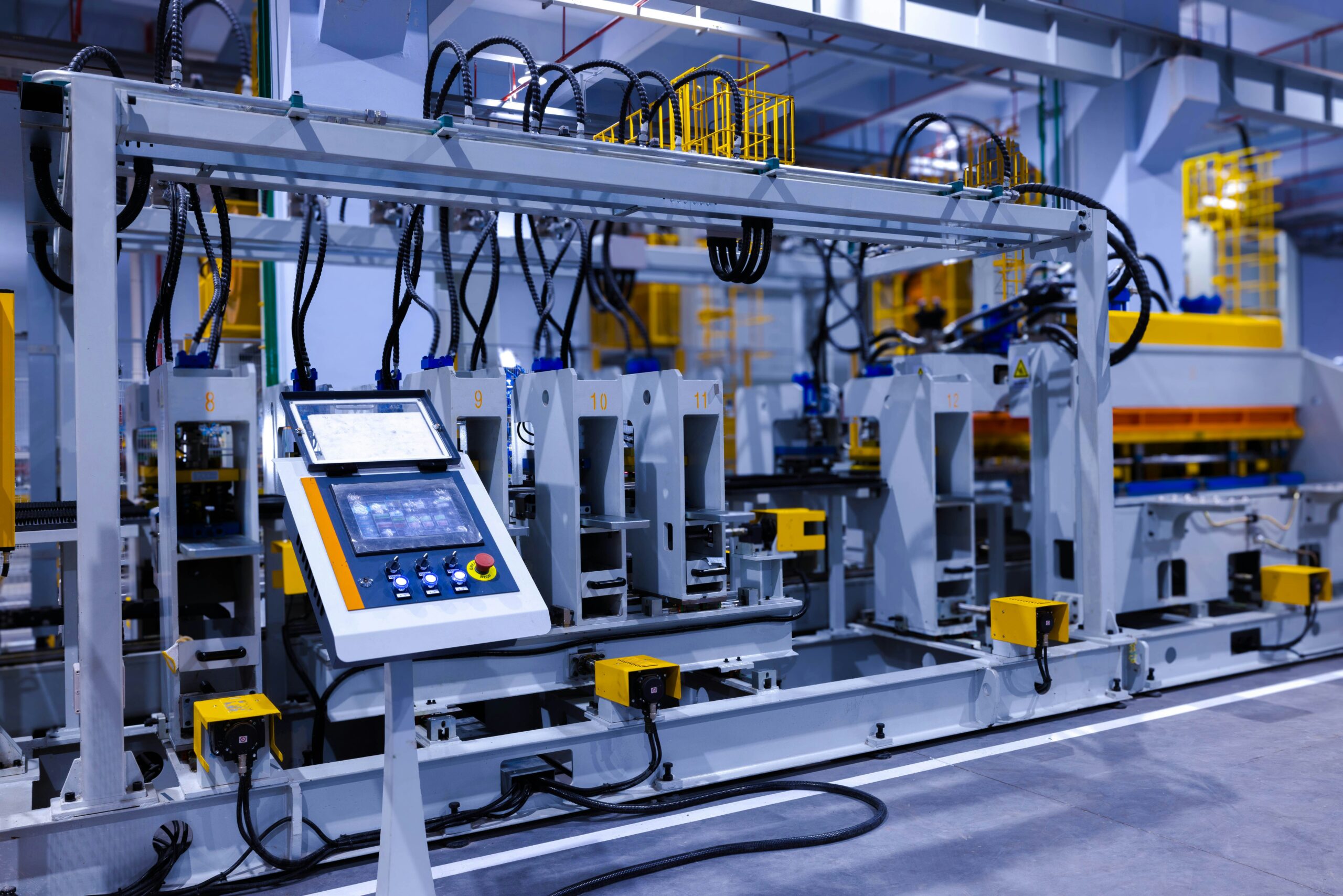Gaining a competitive edge with manufacturing processes is often equated with tapping into the abilities of ERP systems. With so many ERP platforms to choose from, how can business leaders determine which software would be best for their organization’s manufacturing arm?
Effective ERP software can be determined based on the versatility of the enhancements it can offer to a business. Taking a look at targeted manufacturing and supply chain solutions, for instance from vendors like QAD, its QAD ERP O3 has been developed to target three different aspects it thought would be most impactful for manufacturers: people, processes and systems.
People
While many ERP providers will focus on updating outdated processes and legacy systems, falling short of providing an exemplary end-user experience can result in suboptimal results. Seeing if the new systems are as accessible as possible is a good first step – by making new software available on every platform to the user, including mobile and tablet, firms can streamline the path for tech adoption. Workers on the manufacturing shop floor can configure any errors or issues with the machinery in a timely fashion thanks to real-time information fed to a tablet or cell phone.
As QAD has made the entire user experience web-based, the platform acts as a means to provide consistent processes across any platform that can load HTML5. As a whole, by offering easy-to-access, web-based resources, the entire manufacturing system can be adapted on the fly.
Processes
Offering process customization options is a standard for most ERP systems, but extensive manufacturing customizations can sometimes lead to longer and more complex software updates, which could have a knock-on effect of delaying client orders. Using extensions instead of customizations means firms can retain the custom configuration but aren’t locked into a specific software version. By relying on extensions over customizations, ERP platforms like QAD can provide an optimal user experience while also minimizing any disruption to shop floor orders as manufacturing processes evolve.
The reliance on extensions also means low-touch upgrades can be applied quickly, enabling a solution to always be up-to-date and protected from any security vulnerabilities revealed in the latest software version of a solution. While internal IT teams might need to spend more time on software updates when a firm’s ERP system relies on an abundance of custom modules, extensions enable IT to prioritize key strategic initiatives rather than tedious updates.
A further step towards process optimization can be gained through the use of machine-learning and AI. ERP firms like QAD utilize AI-enabled process intelligence, with clients using QAD’s process intelligence-fueled ERP solution reporting a 30 percent productivity improvement, for example.
Systems
Using no-code solutions is another way that vendors like QAD enable easier system configuration. Citizen developers can get to grips with no-code frameworks without needing extensive knowledge in software development and coding, helping create rapid value out of the new software while also supporting the new systems in place. The addition of no-code development means citizen developers can be found amongst workers on the shop floor, in doing so using their own knowledge and the data provided by process intelligence to optimize manufacturing processes. By having so many access points to an ERP-enhanced manufacturing system, time-sensitive customizations can be made in an effective and timely fashion.
The addition of no-code solutions and extensions can create an agile system that adapts to whatever future changes the business environment may have. When manufacturers have an adaptive infrastructure that can align with the pace of future change, the path to success can become a lot clearer.
The key to manufacturing optimization is an ERP solution that can target multiple aspects of a business, with many ERP providers realizing that enhancing one factor can lead to a positive, knock-on effect. Providing an excellent user experience makes adoption of new manufacturing processes smoother while also giving IT teams the time they need to work towards business innovation.





